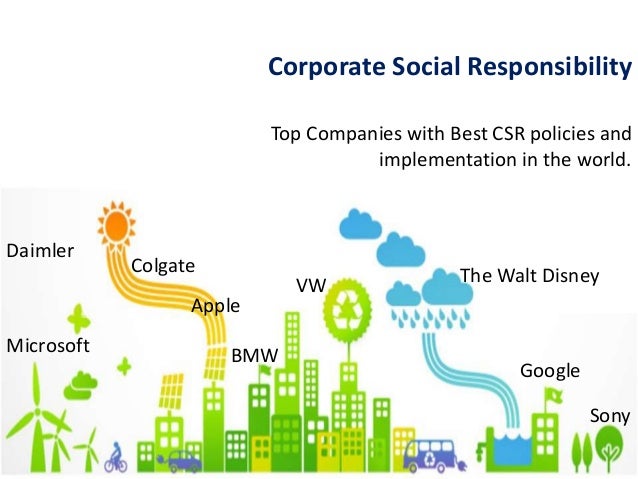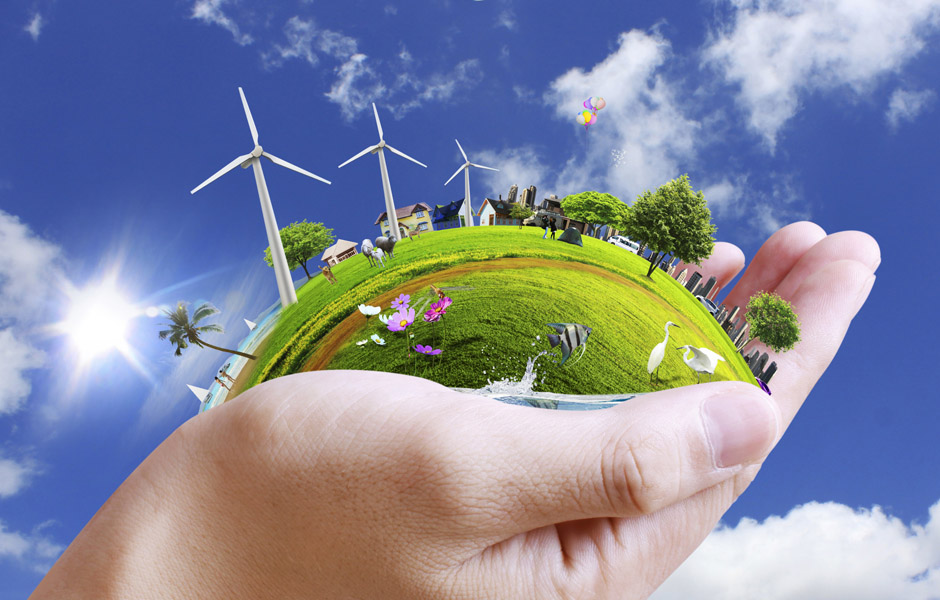 |
| Conservation Fund |
 |
| CSR |
Volunteerism is a major focus for Disney, offering free tickets to a million people
in exchange for a day of volunteer service from an organization of their
choice. This encouraged over one million people in the United States to commit to service efforts to
volunteer in their communities.
 |
| Disney CSR |
The Disney Worldwide Conservation
Fund, established on Earth
Day in 1995, supports efforts of local and global non-profits who
protect wildlife, ecosystems, and make a positive impact on the community.
Since its inception, the Disney Worldwide Conservation Fund has helped to
support over $20 million in
projects in over 112 countries.
The Disney’s Animals, Science and Environment team connects Walt Disney Parks and Resorts guests and cast members with animals, plants and nature and inspires them to positively impact the environment. Team members are responsible for animal care and health, science, and education programs at Disney’s Animal Kingdom, Disney’s Animal Kingdom Lodge, The Seas with Nemo & Friends and The Tri-Circle D Ranch at Walt Disney World Resort; Disney Cruise Line’s private island in The Bahamas Castaway Cay; and Aulani, a Disney Resort & Spa, in Ko Olina, Hawaii. The Animal Programs team participates in cooperative breeding programs with other zoological facilities at the other theme parks, and offers tours and education programs.
The Disney’s Animals, Science and Environment team connects Walt Disney Parks and Resorts guests and cast members with animals, plants and nature and inspires them to positively impact the environment. Team members are responsible for animal care and health, science, and education programs at Disney’s Animal Kingdom, Disney’s Animal Kingdom Lodge, The Seas with Nemo & Friends and The Tri-Circle D Ranch at Walt Disney World Resort; Disney Cruise Line’s private island in The Bahamas Castaway Cay; and Aulani, a Disney Resort & Spa, in Ko Olina, Hawaii. The Animal Programs team participates in cooperative breeding programs with other zoological facilities at the other theme parks, and offers tours and education programs.






